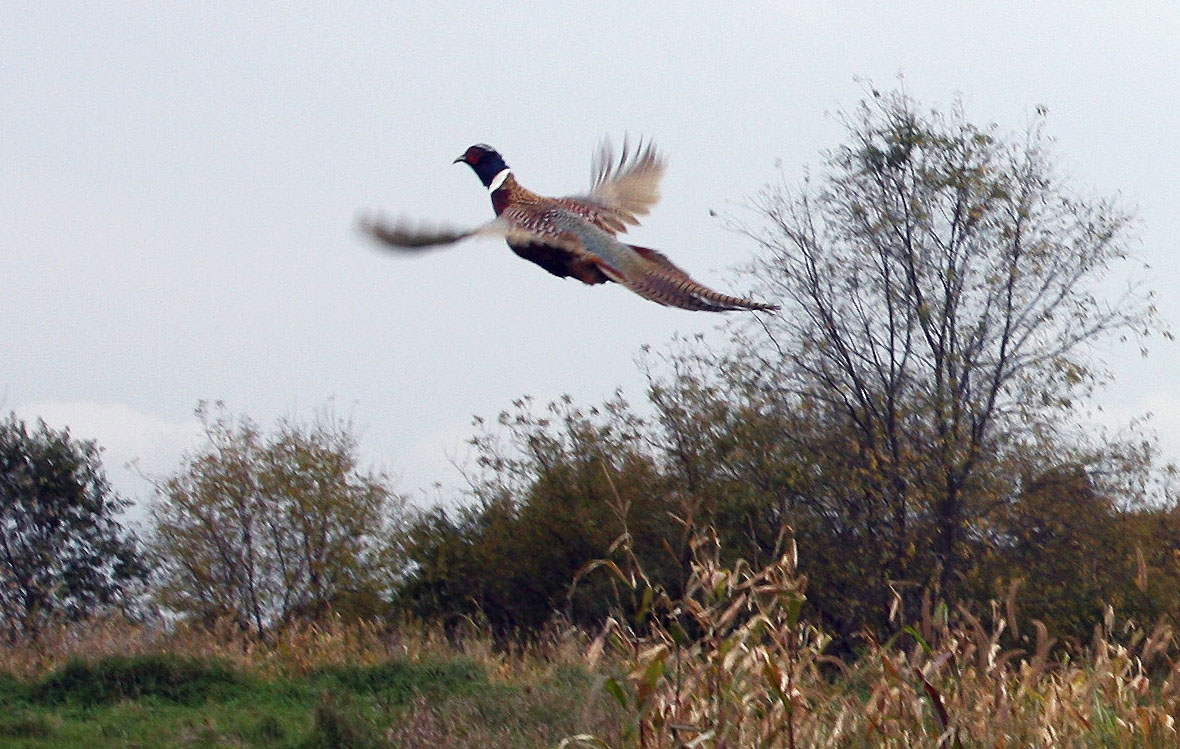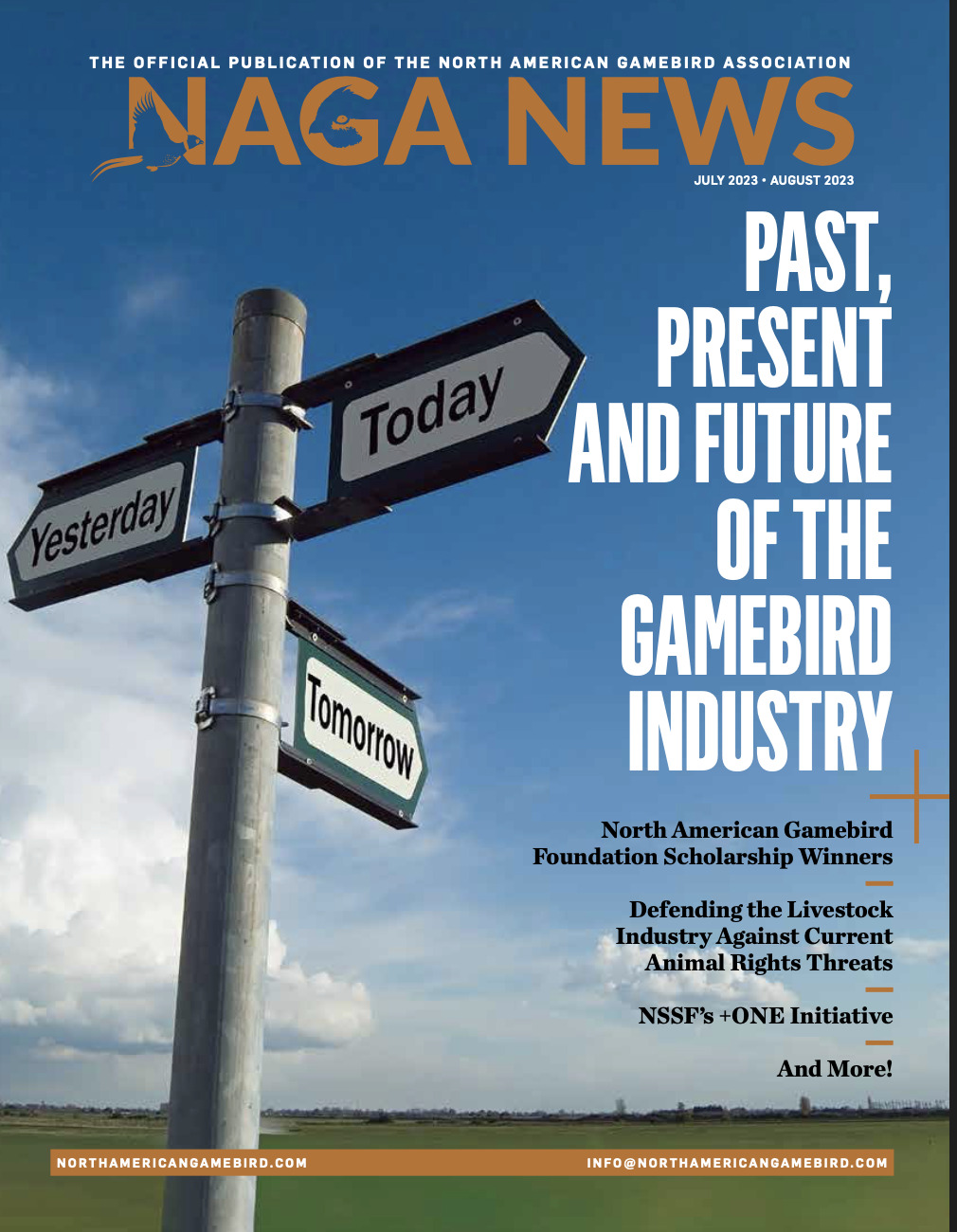
The U.S. Animal Health Association (USAHA) passed a formal resolution supporting the North American Gamebird Association’s Secure Upland Gamebird Supply Plan.
Drafted at the USAHA’s recent annual conference in Greensboro, North Carolina, the resolution reads: “The United States Animal Health Association (USAHA) supports the current funding from United States Department of Agriculture (USDA), Animal and Plant Health Inspection Service (APHIS), Veterinary Services (VS), Emergency Preparedness and Response, for the Upland Gamebird Secure Poultry Supply Plan risk assessments and encourages continued funding for these risk assessments beyond the current cooperative agreement.”
“Having this major group voice its support through an official resolution is a very, very positive sign, which sends the USDA a strong message that the USAHA believes our efforts have merit,” says NAGA Board of Directors member Bill MacFarlane.
MacFarlane chairs the Secure Upland Gamebird Supply Task Force and spoke at the USAHA conference in support of the plan, which would give state veterinarians a toolbox full of sound, scientific protocols for dealing with another outbreak of avian influenza (AI).
The task force was created in 2015, in the wake of AI outbreaks that rocked the commercial poultry world. Unprepared to thoroughly manage the crisis by scientifically proven measures, state and federal agencies scrambled to stop the sickness from spreading.
“More than once during the initial outbreaks, it looked like our ability to ship birds across state lines was in jeopardy,” explains NAGA president Fuzzy Stock. “For many farms and preserves, such a lockdown would cause extreme economic challenges, if not outright closure.
“NAGA members like MacFarlane, who chaired the NAGA Health Committee at the time, recognized the need for solid, science-based protocols state veterinarians could turn to regarding game bird production and transportation in the event of another epidemic,” Stock continued.
“MacFarlane enlisted the aid of fellow board members and experts within the USDA and academia, and the groundwork for a secure supply plan began to take shape,” he added. “These efforts also give game bird producers a say in what the rules and regulations will be. We’re not asking for special treatment, just to be treated like the rest of the poultry industry.”
Stock and MacFarlane were grateful for the USAHA support, which aids NAGA’s push to craft protocols states can use to keep the roads open to interstate game bird commerce if and when another outbreak hits the U.S.
USAHA is a science-based, non-profit, voluntary organization. Its 1,100 members include state and federal animal health officials, national allied organizations, regional representatives and individual members.
The group works with state and federal governments, universities, veterinarians, livestock producers, national livestock and poultry organizations, research scientists, the extension service and several foreign countries to control livestock diseases in the United States. It currently represents all 50 states, four foreign countries and 34 allied groups serving health, technical and consumer markets.


